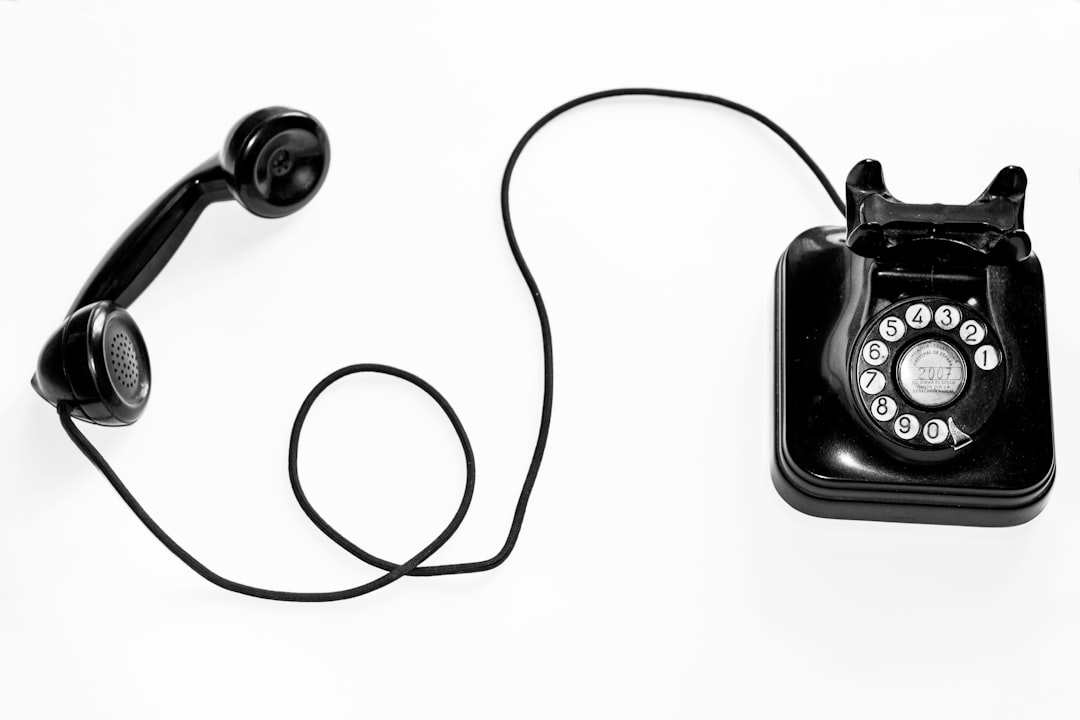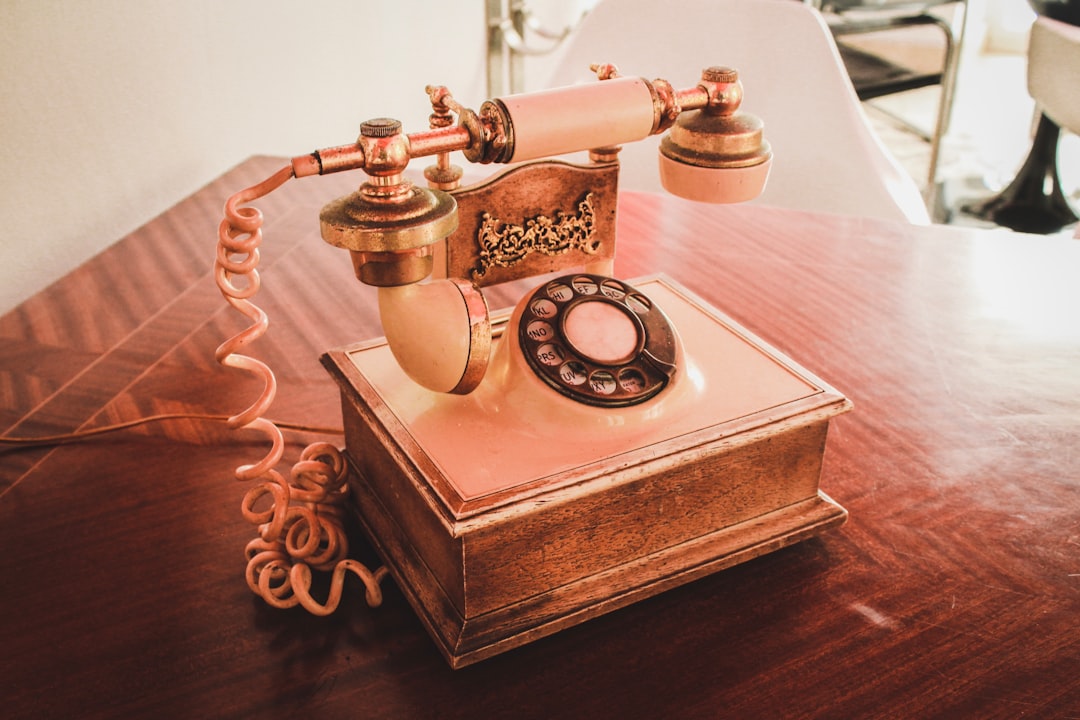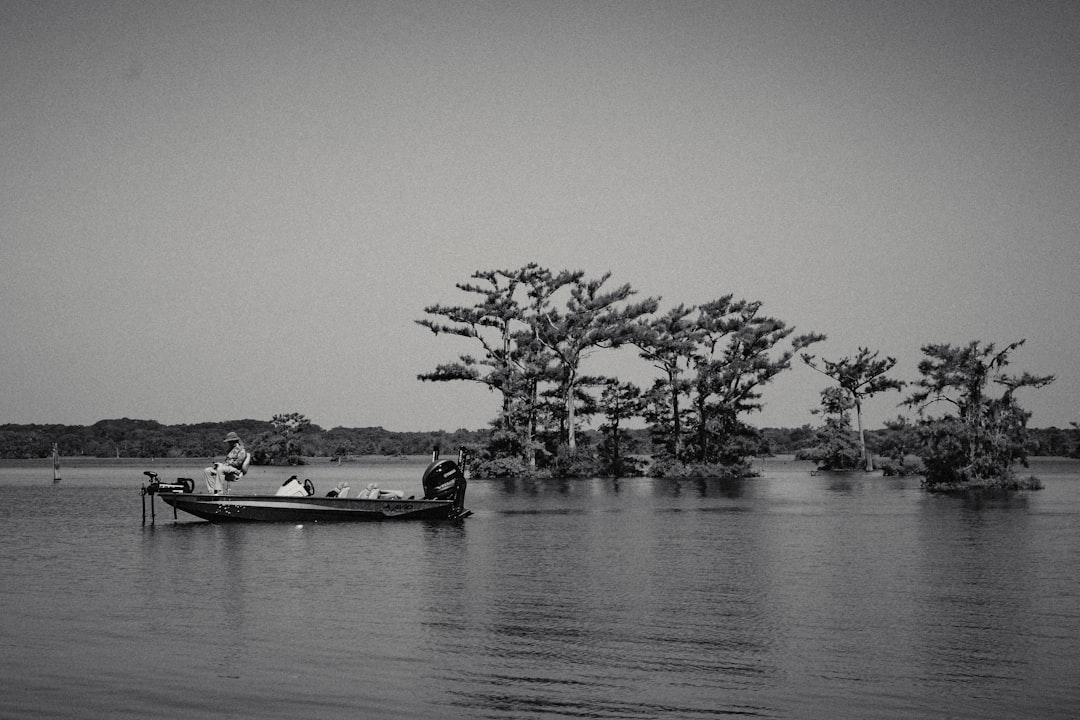In Louisiana, flood-related scams, including false emergency repairs and bogus charities, have become a growing concern. To protect themselves, citizens should understand scam tactics, familiarize themselves with local spam call law firms, and engage the services of reputable TCPA lawyers or follow trusted strategies. The TCPA offers significant protection against these scams, especially through do-not-call lists and automated call regulations. By registering on Do Not Call lists, using scammer-blocking services, and consulting specialized spam call law firms in Louisiana, residents can navigate their rights and stop unwanted spam calls.
In flood-prone areas like Louisiana, disaster-related scams become a growing concern. As communities recover from storms and floods, fraudsters exploit the vulnerability of residents. This article navigates the strategies to combat these scams, focusing on how to stop spam calls in Louisiana. We explore the role of the Telecommunications Act of 1997 (TCPA) in protecting residents and offer practical tips to identify and report fraudulent activities. Additionally, we guide you through finding a reputable spam call law firm or lawyer in Louisiana to enforce your rights under the TCPA, ensuring a safer recovery process.
Understanding Flood-Related Scams in Louisiana: A Growing Concern
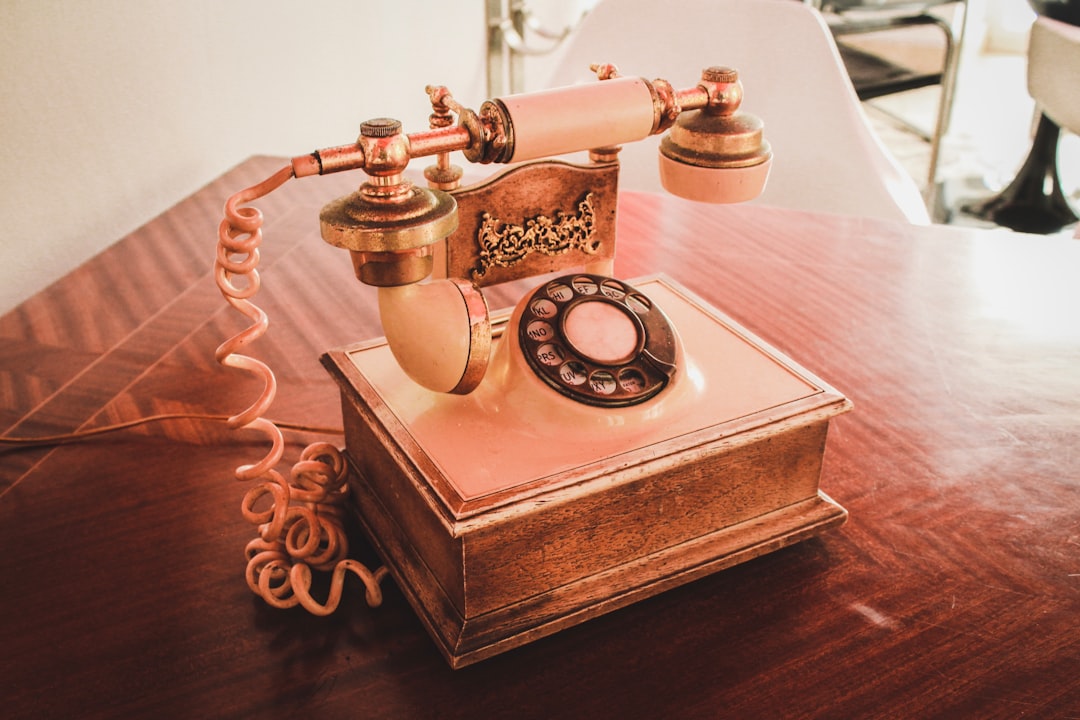
In Louisiana, flood-related scams have become an increasing concern, capitalizing on the vulnerabilities of communities frequently affected by natural disasters. After a major flood, residents are often desperate for assistance and may fall prey to fraudulent schemes promising aid or false insurance claims. Scams can take various forms, including false offers for emergency repairs, exaggerated insurance adjustments, or even solicitations for donations through bogus charities. These deceptive practices exploit the trust of Louisiana citizens during already challenging times.
Given the prevalence of these scams, it’s crucial for residents to know how to protect themselves. Understanding the tactics employed by scammers and familiarizing oneself with the local Spam Call law firm in Louisiana can significantly reduce the risk. Many reputable law firms specializing in TCPA (Telecommunications Consumer Protection Act) cases offer guidance on stopping spam calls, especially in light of the increasing number of flood-related scams. Engaging their services or following recommended strategies from trusted sources can help Louisiana residents navigate these challenging situations and protect themselves from financial losses.
The Role of TCPA (Telecommunications Act of 1997) in Protecting Residents
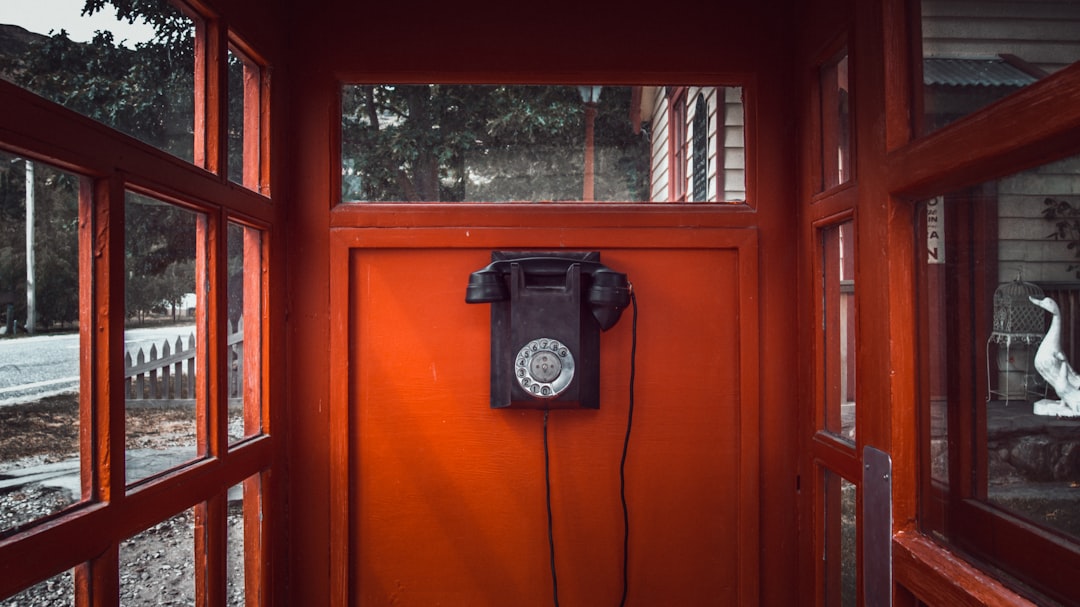
The Telecommunications Act of 1997 (TCPA) plays a pivotal role in protecting residents of flood-prone areas like Louisiana from disaster-related scams, particularly spam calls. This federal law sets strict guidelines for telemarketers and provides consumers with powerful tools to combat unwanted calls. By establishing do-not-call lists and limiting certain types of automated calls, the TCPA helps residents of Louisiana, who often face unique challenges during and after floods, avoid being targeted by scammers masquerading as legitimate assistance providers.
In the aftermath of a disaster, fraudsters may exploit vulnerable communities by making false promises of aid or charging exorbitant prices for essential services. The TCPA’s provisions enable residents to take proactive measures against these scams. Consumers can register their phone numbers on the National Do-Not-Call Registry, which restricts calls from telemarketers. Additionally, Louisiana residents have the legal right to seek compensation and relief through spam call law firms if they fall victim to TCPA violations. Engaging a lawyer specializing in TCPA cases ensures that victims’ rights are protected and helps stop scammers from preying on communities during difficult times.
Practical Strategies to Combat Spam Calls Targeting Disaster Areas

In the aftermath of a disaster, like floods in Louisiana, fraudulent activities often increase, with scammers taking advantage of vulnerable communities. One common tactic is spam calls, targeting individuals and families affected by the crisis. To combat this, practical strategies are essential. First, register for Do Not Call lists specific to Louisiana, which can be done through state regulatory bodies or reputable national services. Many states, including Louisiana, have strict laws against spam calls, such as the Telephone Consumer Protection Act (TCPA), and registering ensures you have legal protection.
Additionally, consider listing your phone number with a service that filters out known scammer numbers, blocking unwanted calls from ever reaching your line. For those specifically targeted by spam calls or seeking legal recourse, consulting a law firm specializing in TCPA cases is advisable. Louisiana’s laws protect consumers from such abuse, and experienced lawyers can help navigate these protections, ensuring justice and peace of mind for disaster-affected residents.
Legal Options: Choosing the Right Spam Call Lawyer in Louisiana

When dealing with disaster-related scams, particularly in flood-prone areas like Louisiana, knowing your legal options is crucial. If you’ve fallen victim to spam calls or text messages offering false relief or assistance after a natural disaster, it’s essential to take action. The Telephone Consumer Protection Act (TCPA) provides consumers with protections against unwanted telephone solicitations. This federal law prohibits telemarketers from making automated or prerecorded calls to mobile phones without the caller’s prior express consent.
In Louisiana, finding the right spam call lawyer is a vital step in seeking justice and putting an end to such fraudulent activities. Look for a law firm specializing in TCPA litigation with experience handling cases related to disaster scams. These lawyers can guide you through the legal process, help you understand your rights, and fight for compensation if you’ve been harmed by these deceptive practices. Remember, staying informed and proactive is key to how to stop spam calls in Louisiana and ensuring that your rights are protected.
